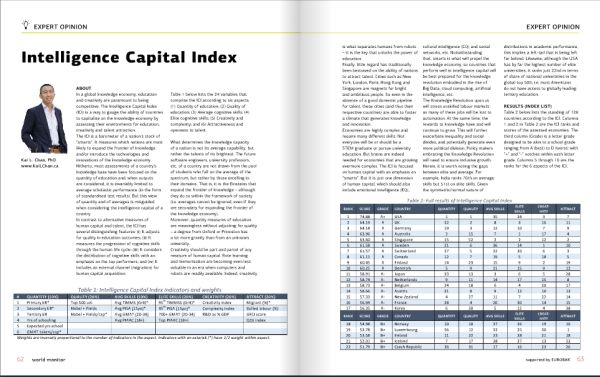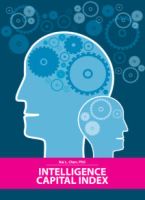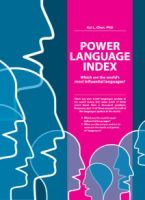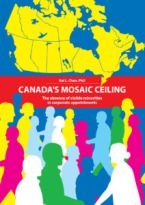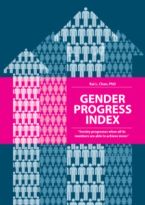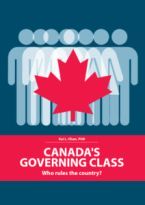
Intelligence Capital Index
Article in World Monitor Magazine about the my Intelligence Capital Index.
ABOUT
In a global knowledge economy, education and creativity are paramount to being competitive. The Intelligence Capital Index (ICI) is a way to gauge the ability of countries to capitalise on the knowledge economy by assessing their environments for education, creativity and talent attraction.
The ICI is a barometer a nation’s stock of “smarts”. It measures which nations are most likely to expand the frontier of knowledge and/or introduce the technology and innovations of the knowledge economy.
Hitherto, most assessments of a country’s knowledge base have been focused on the quantity of education and, when outputs are considered, it is invariably limited to average scholastic performance (in the form of standardised test results). But this view of quantity and of averages is misguided when considering the intelligence capital of a country.
In contrast to alternative measures of human capital and talent, the ICI has several distinguishing features: (i) It adjusts for quality in education outcomes; (ii) It measures the progression of cognitive skills through the human life cycle; (iii) It considers the distribution of cognitive skills with an emphasis on the top performers; and (iv) It includes an external channel (migration) for human capital acquisition.
(1) Quantity of education; (2) Quality of education; (3) Average educational skills; (4) Elite educational skills; (5) Creativity and complexity; and (6) Attractiveness and openness to talent.
Table 1 below lists the 24 variables that comprise the ICI according to six aspects: (1) Quantity of education; (2) Quality of education; (3) Average educational skills; (4) Elite educational skills; (5) Creativity and complexity; and (6) Attractiveness and openness to talent.

What determines the knowledge capacity of a nation is not its average capability, but rather the talents of its brightest. The future software engineers, university professors, etc. of a country are not drawn from the pool of students who fall on the average of the spectrum, but rather by those excelling in their domains. That is, it is the Einsteins that expand the frontier of knowledge – although they do so within the framework of society (i.e. averages cannot be ignored, even if they are secondary).
Moreover, quantity measures of education are meaningless without adjusting for quality – a degree from Oxford or Princeton has a lot more gravity than from an unknown university.
Creativity should be part and parcel of any measure of human capital. Rote learning and memorisation are becoming even less valuable in an era when computers and robots are readily available. Indeed, creativity is what separates humans from robots – it is the key that unlocks the power of education.
Finally, little regard has traditionally been bestowed on the ability of nations to attract talent. Cities such as New York, London, Paris, Hong Kong and Singapore are magnets for bright and ambitious people. So even in the absence of a good domestic pipeline for talent, these cities (and thus their respective countries) are able to foster a climate generates knowledge and innovation.
Economies are highly complex and require many different skills. Not everyone will be or should be a STEM graduate or pursue university education. But brains are indeed needed for economies that are growing evermore complex. The ICI is focused on human capital with an emphasis on “smarts”. But it is just one dimension of human capital, which should also include emotional intelligence (EQ), cultural intelligence (CQ) and social networks, etc. Notwithstanding that, smarts is what will propel the knowledge economy, so countries that perform well in intelligence capital will be best prepared for the knowledge revolution embodied in the rise of Big Data, cloud computing, artificial intelligence, etc.
The Knowledge Revolution upon us will stress unskilled labour markets as many of these jobs will be lost to automation. At the same time, the rewards to knowledge have and will continue to grow. This will further exacerbate inequality and social divides, and potentially generate even more political division. Policy makers embracing the Knowledge Revolution will need to ensure inclusive growth.
Herein, it is worth noting the gaps between elite and average. For example, India ranks 76th on average but 51st on elite skills. Given the symmetric/normal nature of distributions in academic performance, this implies a left-tail that is being left far behind. Likewise, although the USA has by far the highest number of elite universities, it ranks just 22nd in terms of share of national universities in the global top 500; i.e. most Americans do not have access to globally leading tertiary education.
RESULTS (INDEX LIST)
Table 2 below lists the standing of 128 countries according to the ICI. Columns 1 and 2 in Table 2 are the ICI ranks and scores of the assessed economies. The third column (Grade) is a letter grade designed to be akin to a school grade ranging from A (best) to D (worst) with “+” and “-“ notches within each letter grade. Columns 5 through 10 are the ranks for the 6 aspects of the ICI.
Copyright © 2013 by EUROBAK. All rights reserved.
Article as it appeared online.

